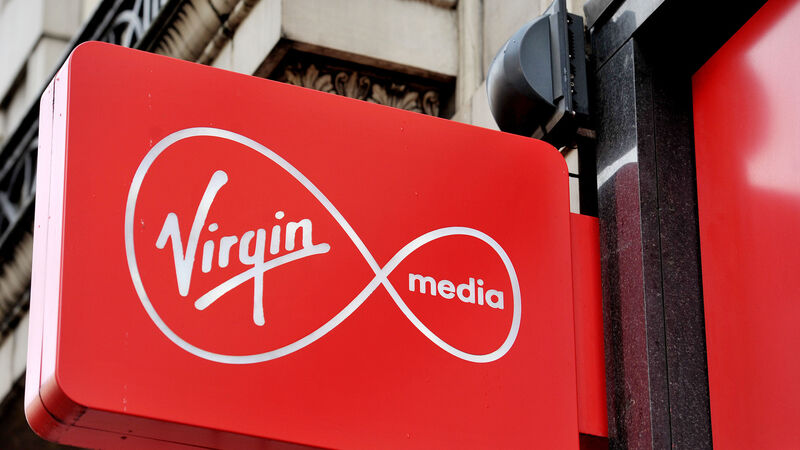Virgin Media uses 'legal and practical obstacles' to discourage switching, court told

Opening Comreg's case, Paul Sreenan SC said if a Virgin customer contacts a competitor about possibly switching, they are forced to go through a process where most are persuaded to stay with Virgin through a deal. File picture
One of the biggest internet and TV service providers, Virgin Media, should not be allowed to disincentivize customers from switching to a competitor with legal, technical and practical obstacles, the High Court heard.
Telecoms regulator, Comreg, has brought proceedings against Virgin, which opened on Tuesday, alleging non-compliance with Universal Service Regulations because it says Virgin’s process for switching acts as a disincentive. Virgin is opposing the proceedings.











